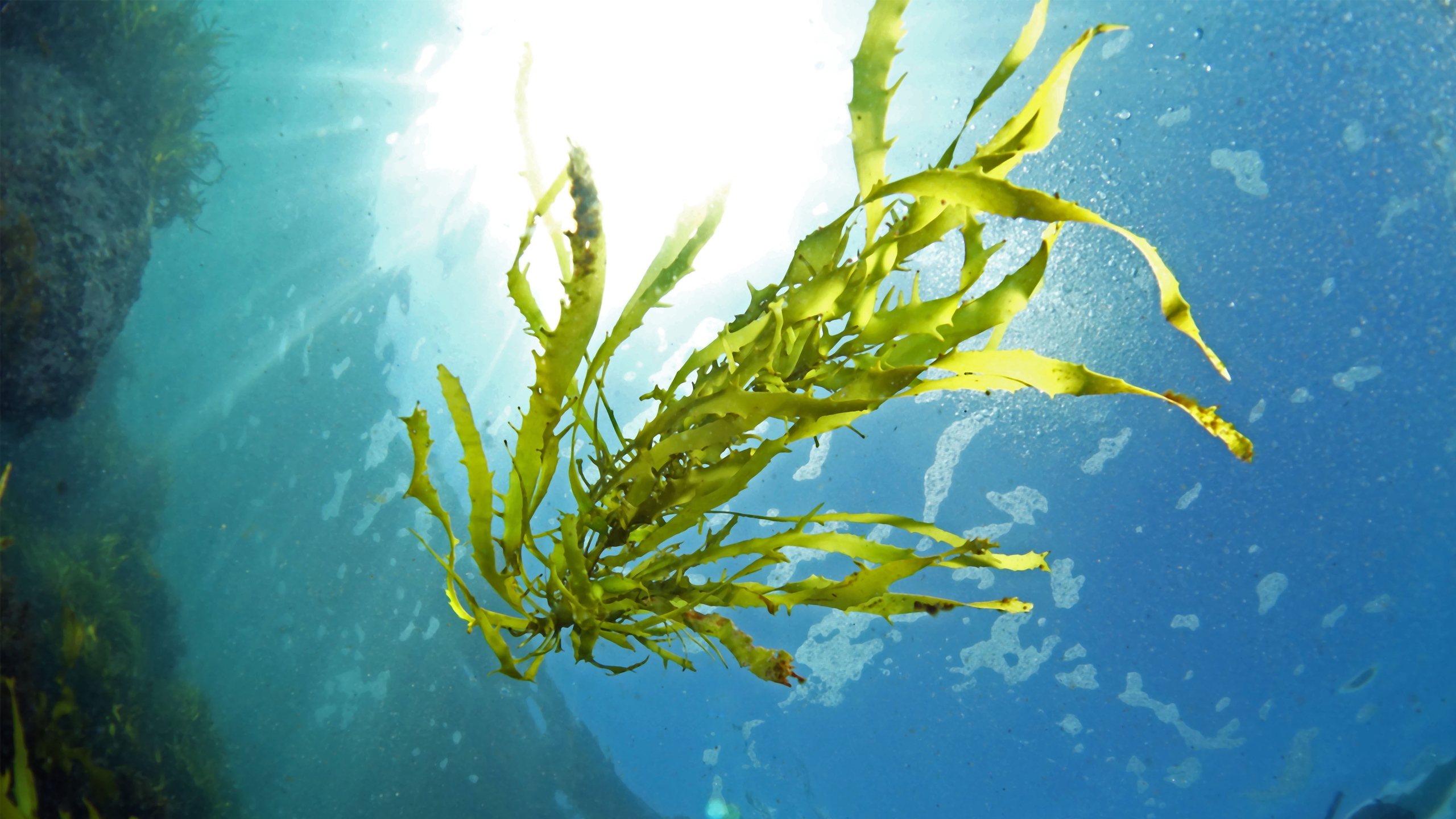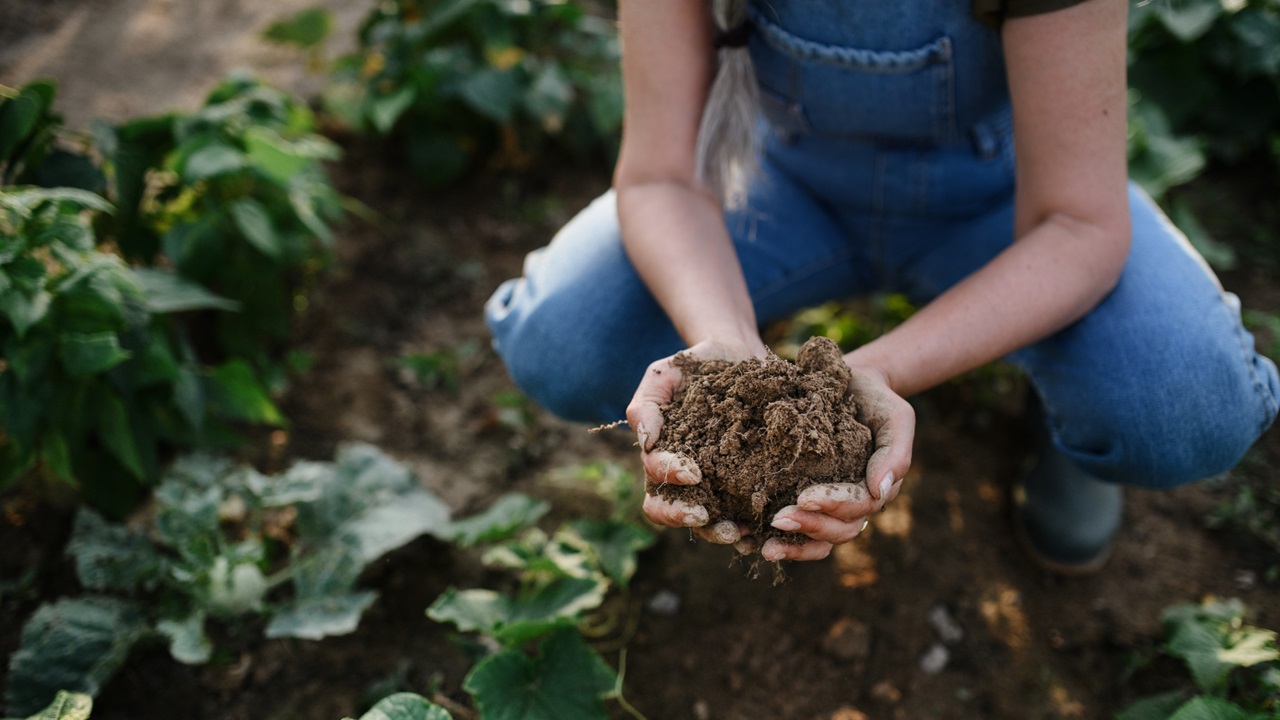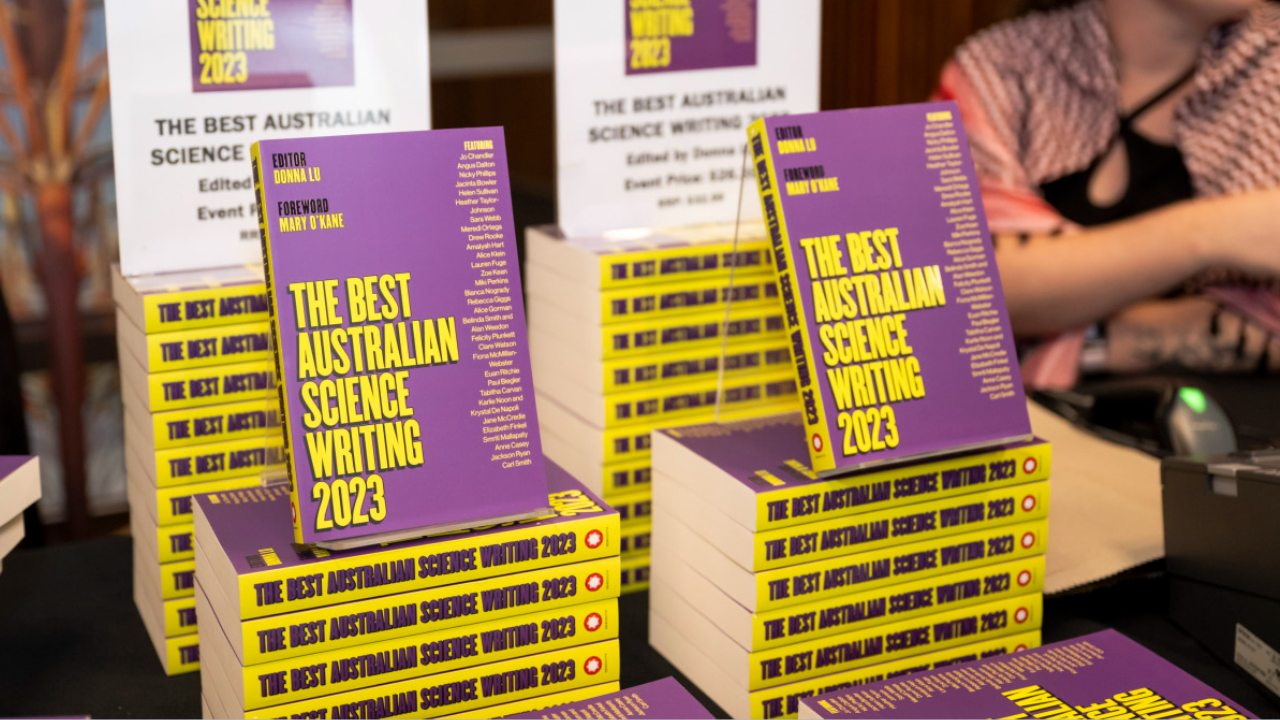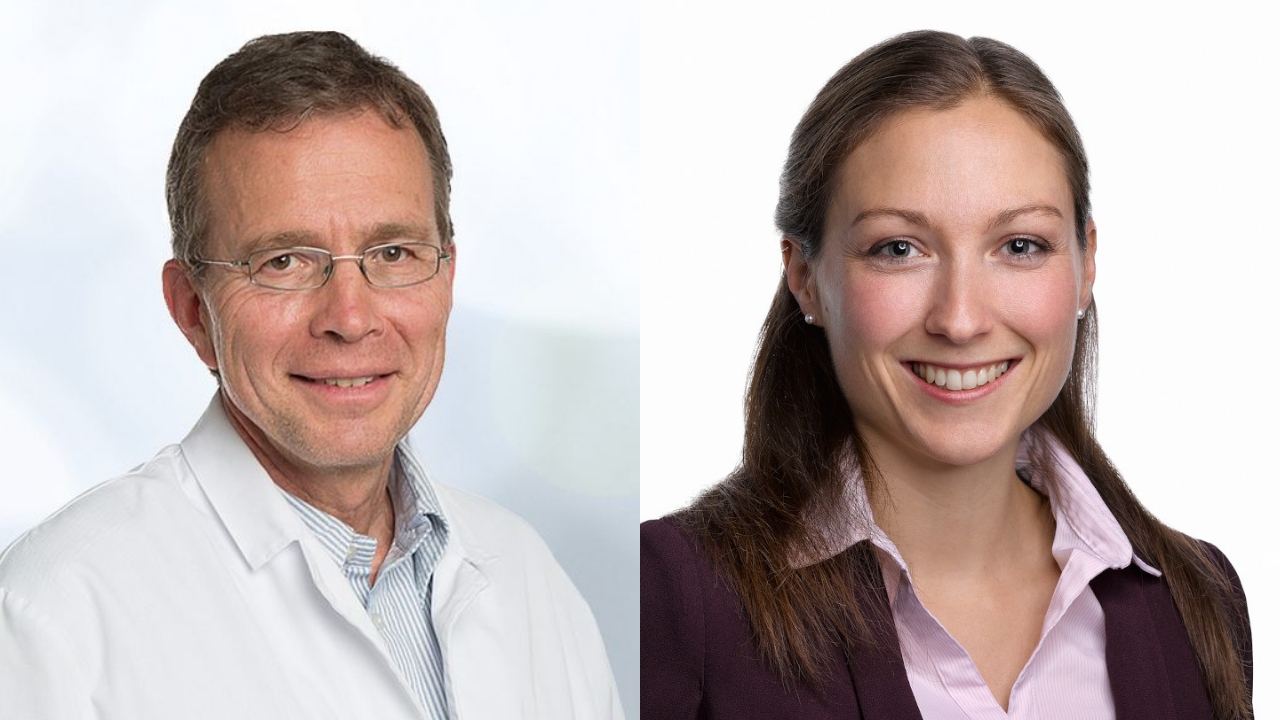Rethinking Evil
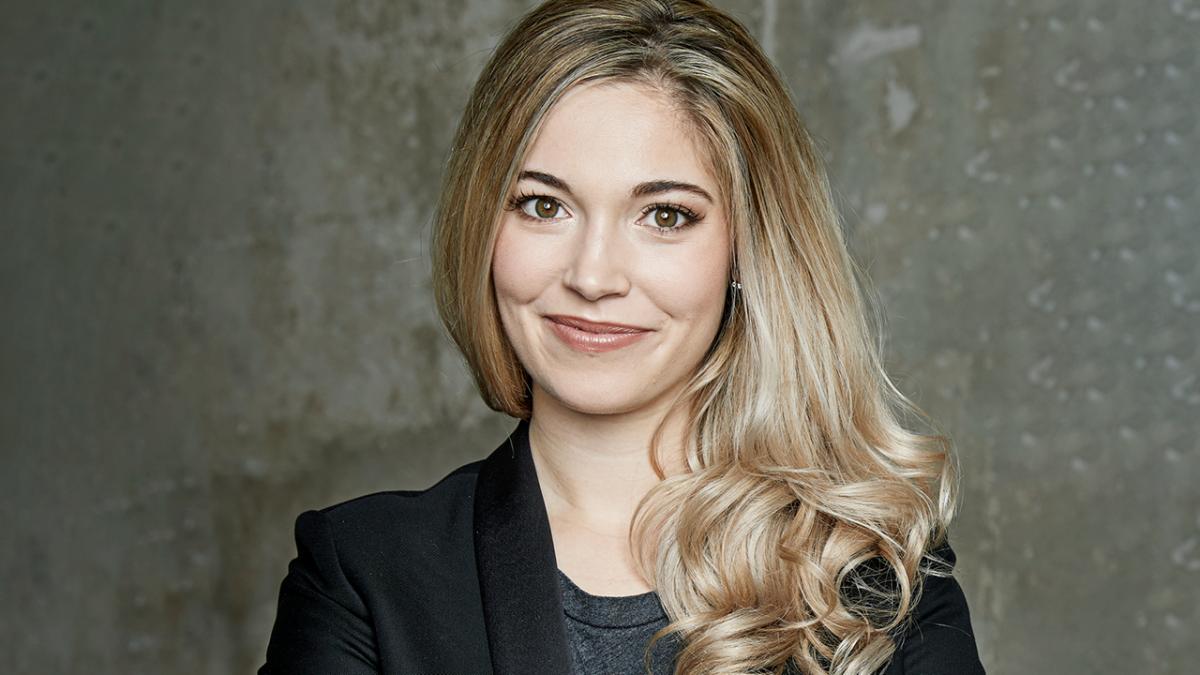
There’s something about evil that we find deeply fascinating. True crime stories of sadists and serial killers fill our TV screens and podcast feeds. We are fascinated by monstrous acts and the people who commit them. But do we need to rethink evil and the other labels that we apply to people who do wrong if we want to reduce risk and harm?
The science behind human behaviour paints a much more complex picture of why people commit inexcusable acts. In Making Evil: The Science Behind Humanity's Dark Side, Julia Shaw uses case studies from academia, examples from popular culture, and anecdotes from everyday life to break down concepts like the neuroscience of evil, the psychology of bloodlust and workplace misbehavior. With Natasha Mitchell as host, she will be is joined by philosopher Luke Russell, author of Evil: A Philosophical Investigation and psychopathy expert Georgie Fleming to explore everything from the philosophy of evil to evil actions and what we can do about them.
Rather than looking at the world in black and white, science and philosophy can help inform a conversation on evil, and to understand that it is part of humanity whether we like it or not.
This event is presented by the UNSW Centre for Ideas and supported by Bendigo Writers Festival and Byron Writers Festival.
UNSW x SYDNEY SCIENCE FESTIVAL
This talk is part of the program of events UNSW Sydney is presenting for the Sydney Science Festival and National Science Week.
UNSW x Sydney Science Festival includes talks, tours and events that will reveal the science that blows your mind – from an unexpected method to measure dark matter to the feminist history of the internet. See the full program.
Access

Leighton Hall is located inside the John Niland Scientia Building at UNSW Sydney's Kensington campus, G19 on this map (PDF). If you are traveling via the University Mall, there is a lift to the right of the large set of steps at the John Niland Scientia Building. There is ramp access to Leighton Hall via the Scientia Lawn. You can be dropped off close to this ramp. Vehicles need to arrive via Botany street, Gate 11 and drive down Library Walk. The closest accessible parking is available in the Barker Street Parking Station (N18 on map).

Auslan
The Centre for Ideas can provide Auslan interpreting services for selected talks upon request.
Contact
To discuss your access requirements and to book selected access services, please call the Centre for Ideas on 02 9385 1000 or email centreforideas@unsw.edu.au.
The Centre for Ideas is happy to receive phone calls via the National Relay Service. TTY users, phone 133 677, then ask for 02 9385 1000. Speak and Listen users, phone 1300 555 727 then ask for 02 9385 1000. Internet relay users, visit relayservice.gov.au, then ask for 02 9385 1000.
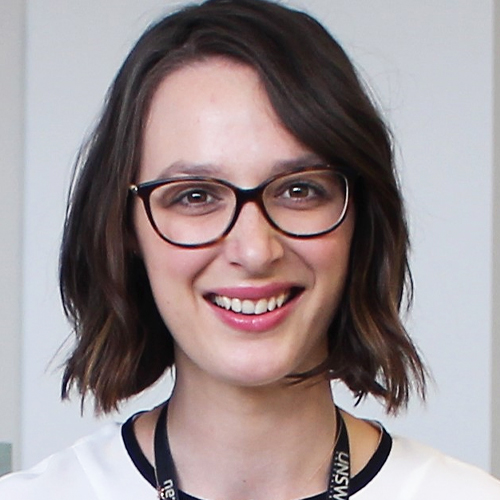
Georgie Fleming
Georgie Fleming is a Postdoctoral Research Fellow in the School of Psychology. She completed her combined Ph.D./Master of Psychology (Clinical) at UNSW and is a registered psychologist. Georgie’s program of research is concerned with enhancing the accessibility and efficacy of treatment for young children with clinically significant conduct problems. Her doctoral research focused on evaluating the outcomes of Parent-Child Interaction with the ultimate aim of developing a feasible, evidence-based intervention for Australia’s underserved rural populations. Georgie is also keenly interested in the role of callous-unemotional traits in the development of conduct problems, and has worked closely with A/Prof Eva Kimonis to explore how callous-unemotional traits impact the efficacy of treatment for childhood conduct problems. Georgie’s current postdoctoral research focusses on evaluating school-based Parent-Child Interaction Therapy.
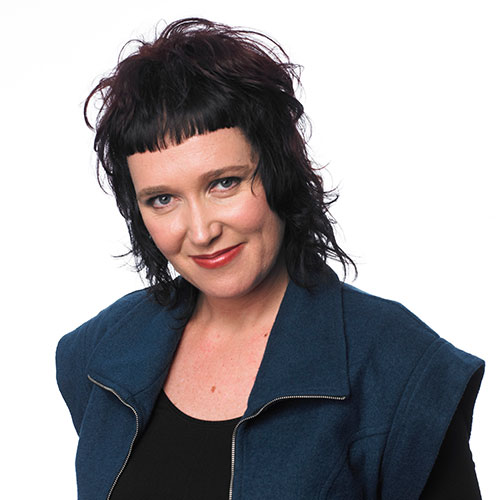
Natasha Mitchell
Natasha Mitchell is an award-winning science journalist, radio host and podcaster. She presents ABC Radio National’s science and technology program, Science Friction, and previously hosted Life Matters, and was the founding presenter and producer of the popular science, psychology and culture program, All in the Mind. Mitchell served as Vice President of the World Federation of Science Journalists and is currently a member of the Executive Advisory Board of Women in Science Australia, Mitchell was also the recipient of a prestigious Knight Journalism Fellowship at Harvard University (USA) and a Marine Biological Laboratory Journalism Fellowship at Woods Hole (Massachusetts, USA). Her broadcast work has received accolades internationally, including the overall Grand Prize and four Gold World Medals at the New York Radio Festival, four Australian and New Zealand Mental Health Broadcast Media Awards, the Yooralla Broadcast Media Award, the Public Health Association of Australia Media Award, the Australasian Association of Philosophy Media Professionals' Award, among other awards. She was finalist for two Human Rights Awards.
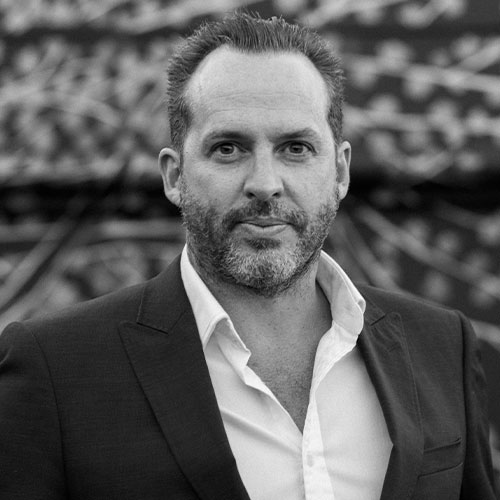
Luke Russell
Luke Russell is Associate Professor in Philosophy at The University of Sydney. He works in the domain of moral philosophy, and has written on the nature of evil, forgiveness, virtue and vice. In his book Evil: A Philosophical Investigation (Oxford University Press 2014), Luke provides a secular account of the concept of evil in contemporary moral thought.
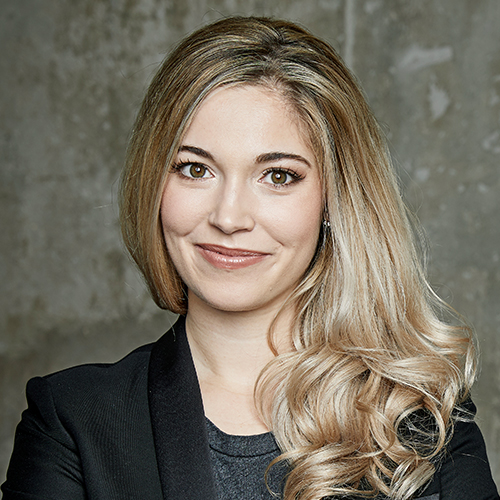
Julia Shaw
Dr Julia Shaw is a psychological scientist and an honorary research associate at University College London (ULC). She is best known for her work in the areas of memory and criminal psychology. In 2017 Dr Shaw co-founded the memory science and artificial intelligence startup Spot, to help employees report workplace harassment and discrimination. In 2016 she published her bestselling debut book The Memory Illusion, which has been published in 20 languages. Her second book Making Evil: The Science Behind Humanity's Dark Side was released in late 2018. Shaw is regular keynote speaker on the topics of memory hacking, tackling workplace harassment, and artificial intelligence.
